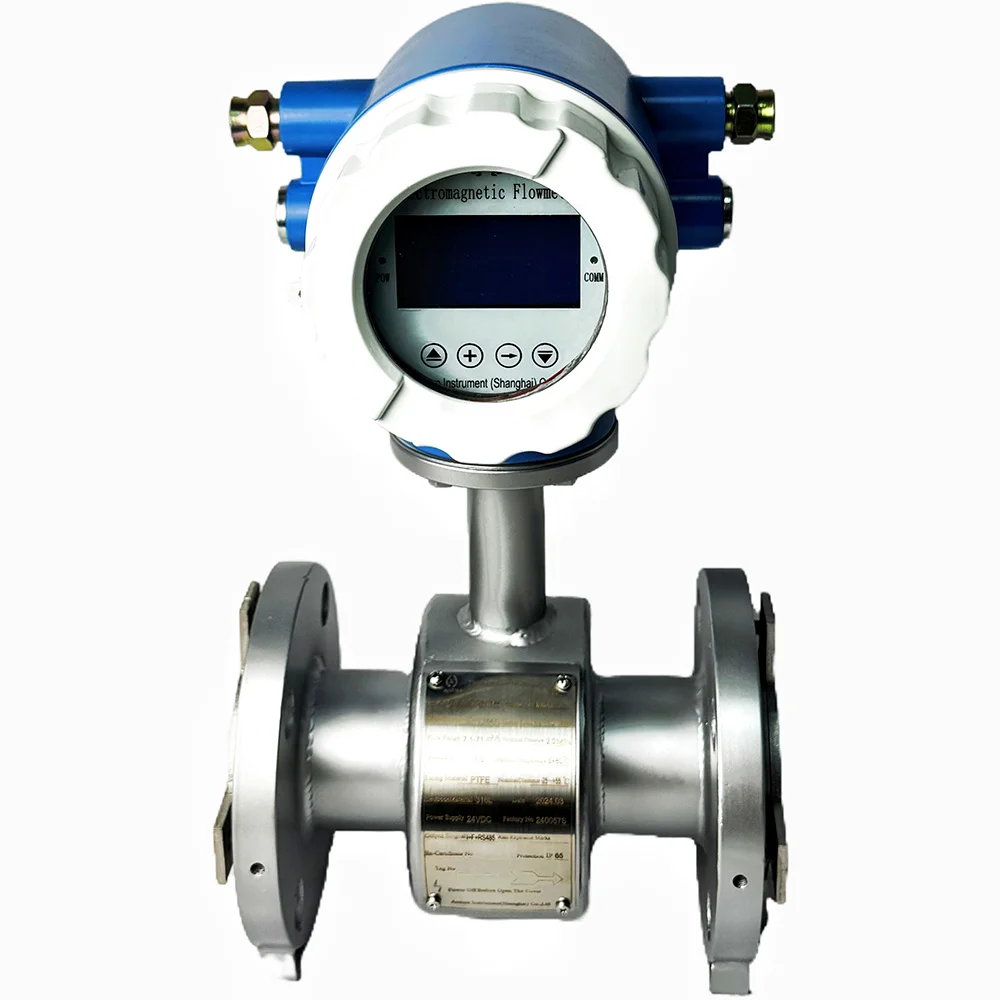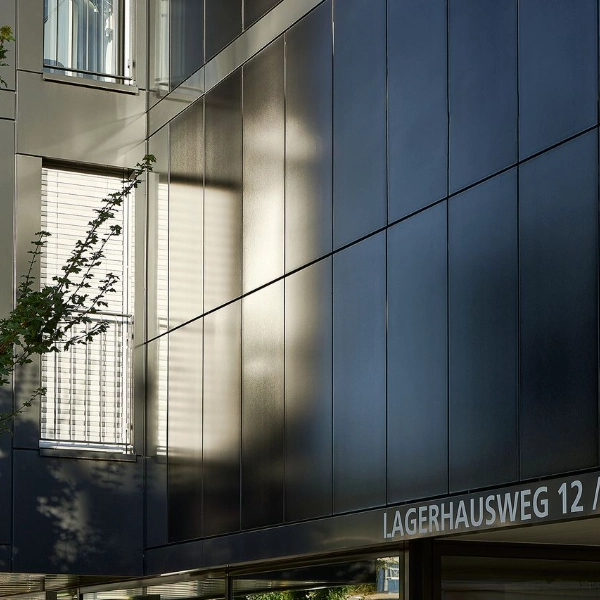Illuminating the Night: Choosing the Optimal Lighting for Eye Health
In today's modern world, where screens and artificial lighting dominate our evenings, it is crucial to consider the impact of light on our eyes at night. The right lighting can significantly affect our visual comfort, sleep quality, and overall eye health. In this article, we will delve into the science behind light and its effects on our eyes, exploring the best options for nighttime illumination.
- Understanding the Basics of Light:
Before we delve into the best lighting options for nighttime, it is essential to understand the fundamentals of light. Light is composed of different wavelengths, and the visible spectrum ranges from blue to red. Blue light, with its shorter wavelength, has been a topic of concern due to its potential harmful effects on our eyes. - The Impact of Blue Light on Eye Health:
Blue light, particularly in the evening, can disrupt our natural sleep-wake cycle, known as the circadian rhythm. Prolonged exposure to blue light at night from electronic devices and energy-efficient lighting can suppress the production of melatonin, a hormone that regulates sleep. This disruption can lead to sleep disorders and various eye-related issues. - The Role of Melatonin:
Melatonin plays a vital role in maintaining our sleep patterns and overall well-being. To protect our eyes and promote healthy sleep, it is crucial to minimize exposure to blue light at night. Fortunately, there are several strategies to achieve this. - Choosing the Right Lighting:
a. Warm-Toned Lighting: Opt for warm-toned lighting options, such as incandescent bulbs or warm LED lights, which emit less blue light compared to cool-toned lighting. These alternatives provide a soothing and relaxing ambiance, promoting better sleep quality.
b. Dimmers and Timers: Install dimmers and timers to control the intensity and duration of your lighting. This allows you to gradually reduce the brightness as the evening progresses, signaling your body to prepare for sleep.
c. Blue Light Filters: Consider using blue light filters or screen protectors on electronic devices. These filters help reduce the amount of blue light emitted, minimizing eye strain and sleep disturbances.
d. Night Mode: Many electronic devices offer a night mode or night shift feature that reduces blue light emission. Enable this mode during the evening to protect your eyes and improve sleep quality.
- Additional Tips for Eye Health at Night:
a. Proper Screen Distance: Maintain a comfortable distance from screens, ideally around 20-28 inches, to reduce eye strain and minimize exposure to blue light.
b. Regular Breaks: Take frequent breaks when using electronic devices to give your eyes a rest and prevent fatigue.
c. Eye-Friendly Environment: Ensure your bedroom is dark and free from excessive light sources. Invest in blackout curtains or blinds to create a sleep-friendly environment.
Conclusion:
In the age of technology, it is crucial to prioritize our eye health, especially during nighttime. By understanding the impact of blue light and implementing appropriate lighting choices, we can protect our eyes, improve sleep quality, and maintain overall well-being. Remember, choosing the right lighting is not only about comfort but also about safeguarding our precious eyesight. So, let's illuminate the night wisely!






